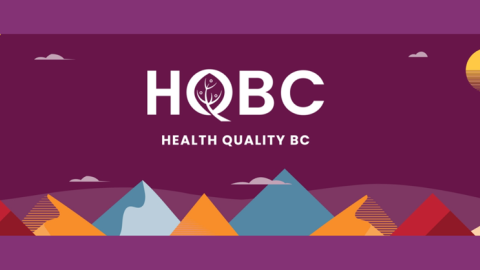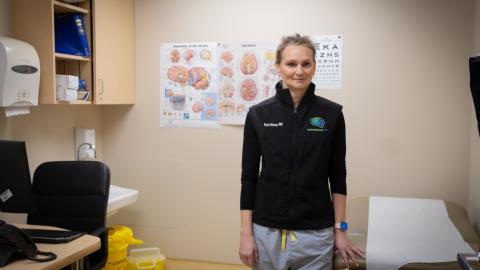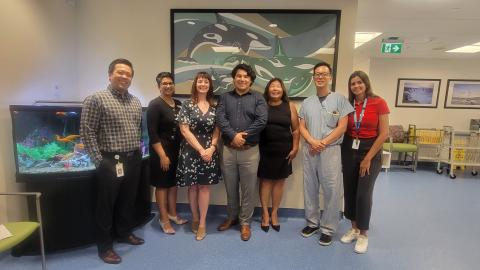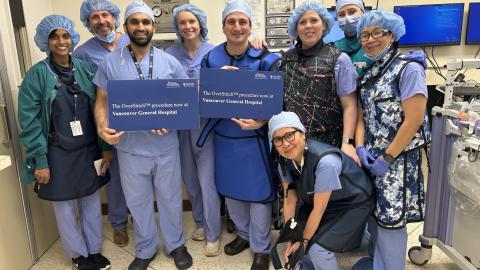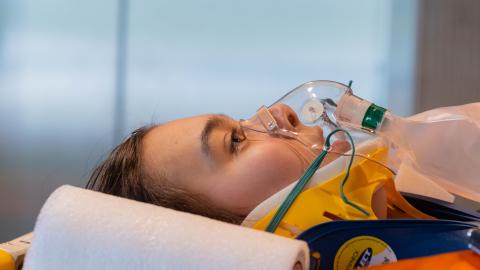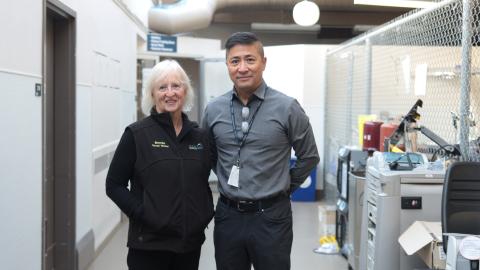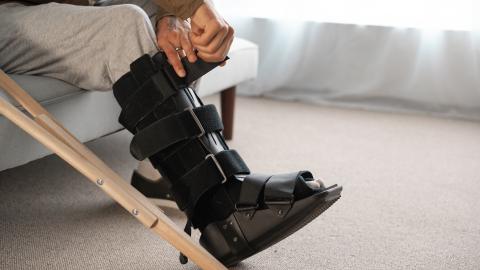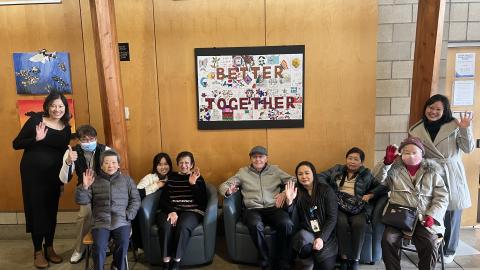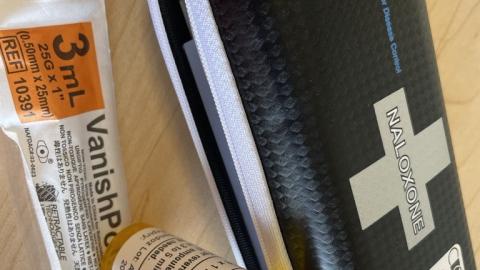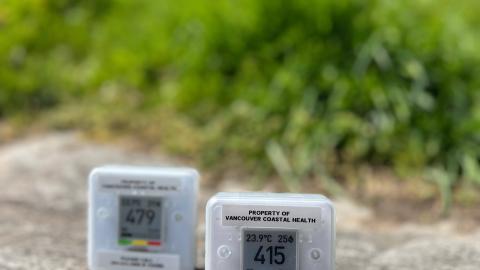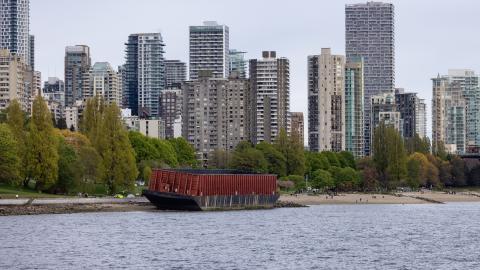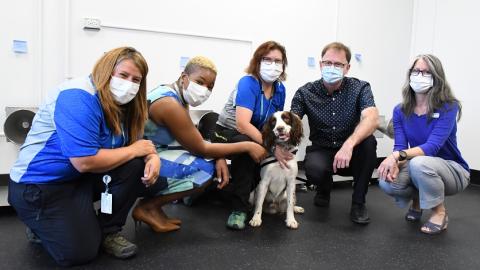Information bulletin
Chief Medical Health Officer report focuses on overdose crisis
Vancouver, BC –In her annual Chief Medical Health Officer report, Dr. Patricia Daly lays out recommendations for the next phase of the overdose response. In the midst of the overdose crisis, data learned over the past two years is shedding light on where to focus resources to save even more lives.
“Heroic efforts have been made to mitigate the impacts of the opioid overdose crisis,” says Dr. Patricia Daly, VCH Chief Medical Health Officer. “Innovative and tireless work by our frontline staff, leaders and partners have led to significant progress in immediate response measures such as improving access to life-saving naloxone; reducing harms of using illegal substances with supervised consumption and overdose prevention sites; and expanding first-line treatment services. However, more work remains.”
The overdose crisis is a result of a complex interaction between the characteristics and circumstances of people at risk of overdose, an unregulated illegal drug supply, and the environments in which people use psychoactive substances. VCH Public Health staff conducted a review of medical records of 424 people who died from overdose in 2017.
Here are the key findings:
-
Seventy-seven per cent of people who died had contact with health care services in the year before they died; 40 per cent had contact within one month and 21 per cent within one week of their death. 70 per cent of the visits were to emergency departments.
-
Among people who accessed health care, 87 per cent were known to use substances and 84 per cent had problematic substance use, indicating that people had discussed their substance use with a health care provider at some point.
-
Fifty-nine per cent of those who died had tried treatment for substance use disorder (such as opioid agonist treatment (OAT)).
-
Of those with known problematic substance use, 39 per cent used opioids daily; 44 per cent had documented daily use of a stimulant (i.e. meth, cocaine), alcohol or other drug use.
-
Forty-five per cent of those who died had sought medical care for acute or chronic pain.
The report makes 21 recommendations focusing on strengthening the system of care for people with substance use disorder, improving access to and retention on OAT, and expanding programs that help prevent problematic substance use. The recommendations also call for a regulated supply of drugs as an alternative to the contaminated illegal supply.
Many opioid overdose deaths are occurring among people with primary alcohol use disorder and stimulant use disorder, for whom effective treatments may not currently be available; in addition to treatment for these conditions, a regulated supply of opioids is necessary to reduce the risk of death from periodic opioid use in this population.
“Decriminalizing substance use would help reduce stigma and social isolation for people who use drugs, leading to better access to health care and social support,” says Dr. Daly. “Moving beyond decriminalization, legalization and regulation of all psychoactive substances would reduce people’s dependence on the toxic illegal supply, criminal drug trafficking and illegal activities that people with addictions must engage in to finance their drug use.”
VCH and Providence Health Care staff and partner organizations, including the provincial Overdose Emergency Response Centre, have already made headway on some recommendations, and more work will occur over the months to come.
“This work cannot occur in isolation,” says Dr. Daly. “The overdose crisis needs a coordinated community response from many different sectors and the public at large. This report demonstrates that this is not a time for complacency; our commitment and focus must continue in 2019 and beyond.”
To read the full report visit http://www.vch.ca/public-health.
About Vancouver Coastal Health
Vancouver Coastal Health is responsible for the delivery of $3.3 billion in community, hospital and residential care to more than one million people in communities including Richmond, Vancouver, the North Shore, Sunshine Coast, Sea to Sky corridor, Powell River, Bella Bella and Bella Coola. VCH also provides highly specialized care and services for people throughout BC, and is the province’s hub of health care education and research.























